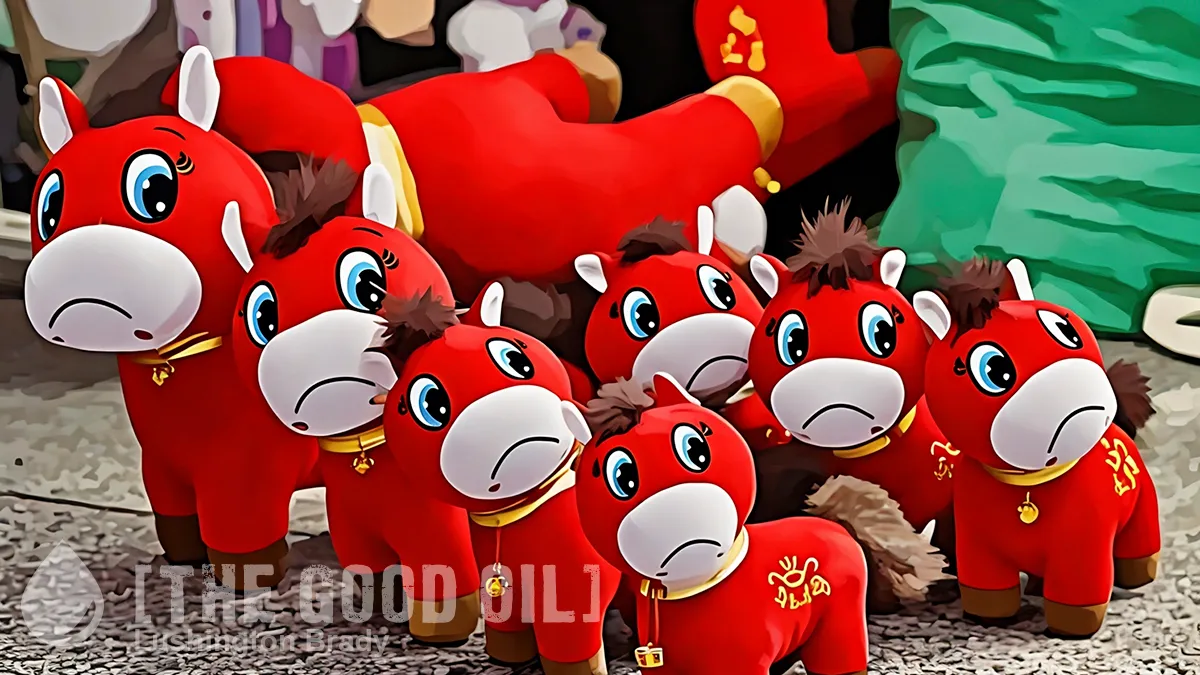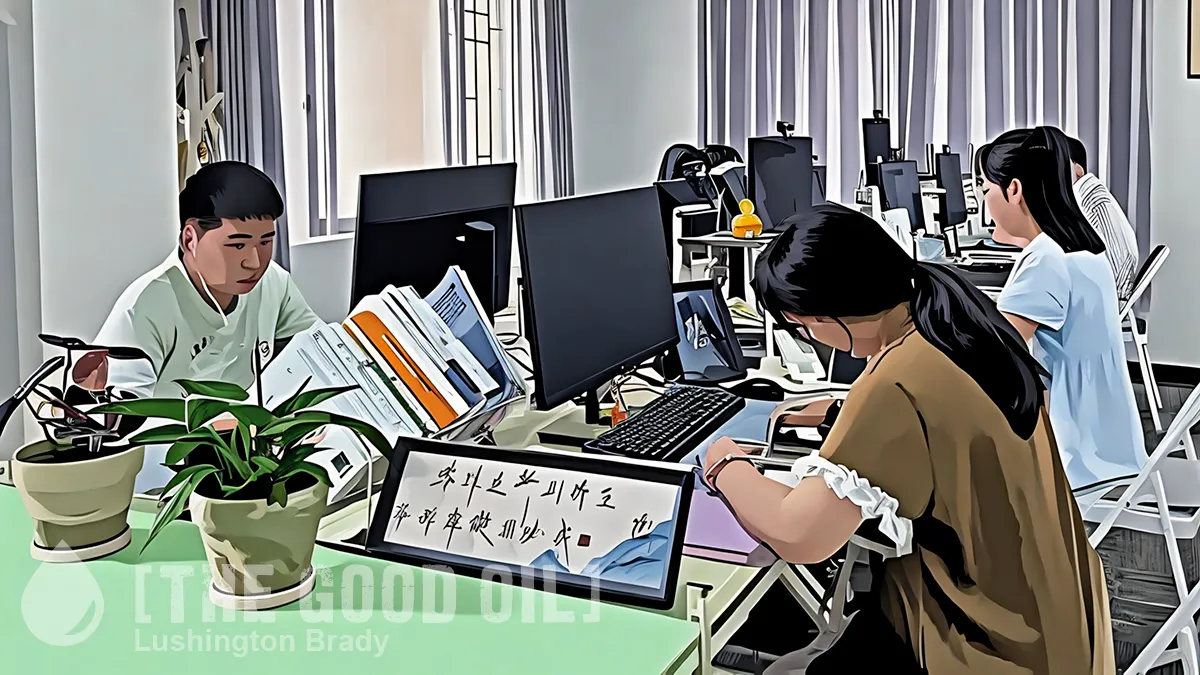Table of Contents
It’s not exactly groundless to worry that, if Russia’s Ukraine gamble pays off, China will see it as a green-light to invade Taiwan. After all, Beijing has been rattling its sabres across the Strait constantly and makes no bones that it regards the island nation as a renegade province. This view has been more-or-less encouraged by decades of craven Western policy.
Peter van Buren was a long-serving US State Department employee, in Taiwan itself at the end of the Cold War, and in Iraq. Suffice to say, his old boss is not exactly enamoured of van Buren’s criticisms of the latter. Van Buren is also unconvinced that China will be emboldened enough by events in Eastern Europe to finally strike at Taiwan.
While Putin‘s invasion timing may or may not have had to do with Joe Biden (if Trump really were his puppet, why didn’t Putin send in the tanks then?) the reality is that what’s unfolding in Ukraine reaches back much further than Biden or Trump, to the collapse of the Soviet Union.
Van Buren argues that the actions of the US in particular in the former Eastern Bloc has been not dissimilar to that of the post-WWI British: rewriting borders with an eye on strategic preferences rather than “natural flow”. The US also poached both talent and nuclear weapons, to create a buffer of “weak but not too weak states” between Russia and NATO.
Understanding why an adversary does something is not the same as supporting him […]
The reality of 2022 is Putin is seeking to redraw borders, something now doable because Russia has been allowed to regrow its fangs. Ukraine as a possible NATO member is a threat to Putin and he is now taking care of that. Americans live in a country that has no border threats and fail to understand the mindset time after time.
But, what about Taiwan?
While Taiwan is in many ways another Cold War relic, it has developed on a very different arc to Eastern Europe. Its once-authoritarian military government has evolved into a free democracy (much freer than the Ukraine). More importantly, it’s become an economic powerhouse.
China and Taiwan are economic partners. Between 1991 and March 2020, Taiwan’s investment in China totaled $188.5 billion, more than China’s investment in the United States. In 2019, the value of cross-strait trade was $149.2 billion. China is Taiwan’s largest trading partner. China and Taiwan are ethnically the same people, enjoying an enormous bounty of cross-strait commerce, culture, student exchanges, and other ties signifying a growing relationship, not an adversarial one. What incentive would China have to drop bombs on one of its best customers?
Any cross-strait violence would affect US-China relations, while Ukraine has little effect on the already poor state of US-Russia relations. Chinese investment in the American economy is over $145 billion, while American investment in China has passed $1 trillion. China is the second largest foreign holder of US government debt. If something interfered with all that commerce, China would have to find a way to use unfinished iPhones as food.
That economic relationship is in direct contrast to Russia’s. Russia is relatively un-integrated into the world economy. As the Panama Papers showed, most of the Russian oligarchs aren’t using American or allied banking systems. Sanctioning Russian gas exports would be devastating to many Western nations who have become critically dependent on it, as they dismantled their coal-fired power grids in the name of combating climate change. In tilting at an invisible sky dragon, nations like Germany blinded themselves to the very visible bear to their north.
China, on the other hand, would be deeply vulnerable to sanctions and disruptions of commerce following an attack on Taiwan. The risk in calculable dollars is beyond any gain owning Taiwan would bring; imagine the impact of closing US ports to Chinese cargo vessels.
Spectator
Then there is military reality. As a Tasmanian, I can assure you that a large body of water is a formidable obstacle to easy travel. While Russia was able to literally drive to Ukraine, China would have to mount an amphibious invasion that would dwarf the invasion of Normandy on D-Day.
As van Buren concludes, “nobody undertakes an invasion they are likely to lose”. As Putin is finding out, even a relatively simple land invasion can go swiftly awry. Militarily and economically, the benefits to China outweigh the risks of invading.
Of course, there remains the lure of prestige. Putin and Xi, ageing leaders at the helm of authoritarian states, who’ve fostered a cult of personality, both clearly weigh prestige heavily. But is Xi really so hungry for the glory of an “integrated” Taiwan as to take the incalculable risk of actually invading?









